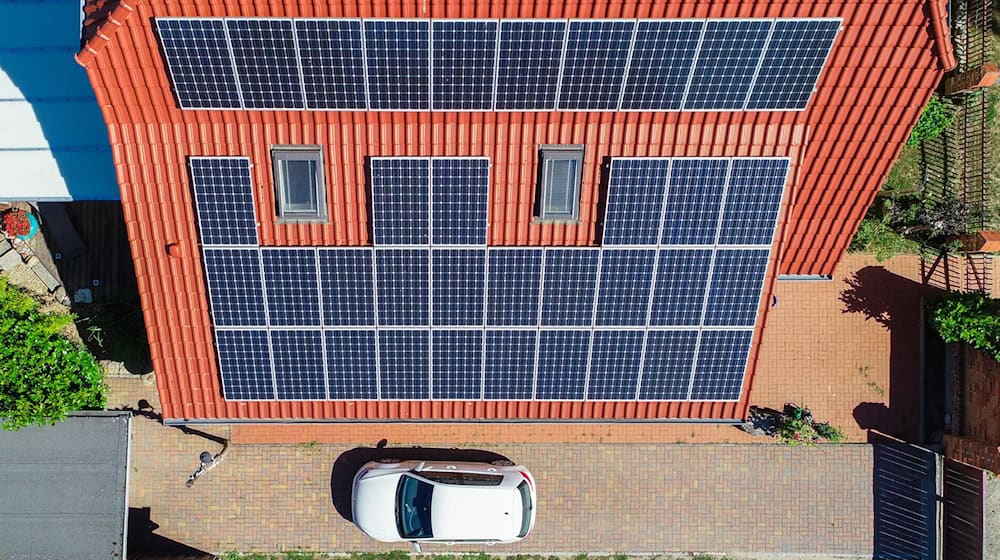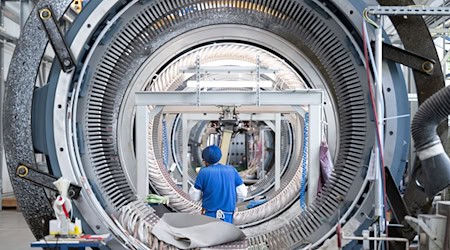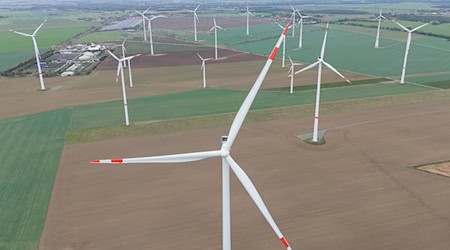Owners of solar installations in Saxony, Saxony-Anhalt and Thuringia sometimes have to wait months for their feed-in tariffs. "Delays of over a year are not uncommon. People are not getting their money," said energy expert Claudia Kreft from the consumer advice center in Thuringia. In Saxony-Anhalt, the consumer advice center is receiving an increasing number of complaints, some of which have not been paid since 2023.
Mitnetz intends to resolve problems in the coming months
In Saxony-Anhalt, Mitnetz is the largest grid operator, which is also present in some regions in Saxony. There have also been complaints there, reported the consumer protectors in the Free State. A spokesperson for Mitnetz referred to the after-effects of an IT changeover, which had an impact on older applications. Most of the cases are expected to be processed in the coming months. The money will be paid out retroactively. The process from registration to settlement currently takes around 20 weeks.
The network operator Sachsennetze is also currently experiencing longer processing times, according to its own information. "A large number of applicants are affected by this," said a spokeswoman. One reason is the boom in renewables. However, legal regulations are also making processing increasingly complex. In response, staff numbers have been increased. It takes up to a year from registration to billing, in some cases longer.
Problems with meter changes in Thuringia
In Thuringia, most complaints relate to the Thuringian Energy Networks (TEN), according to the consumer advice center. Currently, it is mainly after a meter change that there are problems, said energy expert Kreft. New connections are not so much the problem. "The only people complaining to us are those who have already made many attempts to contact TEN. Many find the communication very unsatisfactory." The company did not respond to an inquiry.
In other federal states, too, owners of solar installations are having problems getting their feed-in tariffs, according to a survey of consumer advice centers. This will fall by one percent from August 1, as it does every six months. Currently, small systems still receive 7.94 cents per kilowatt hour if only part of the electricity generated is fed into the public grid. For full feed-in, the rate is 12.60 cents. The Federal Network Agency will not publish the final new values until August 1.
Copyright 2025, dpa (www.dpa.de). All rights reserved










